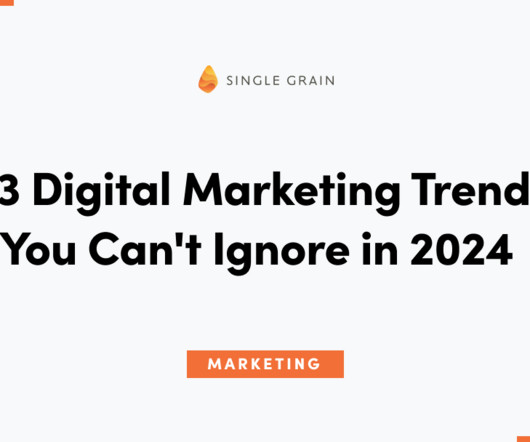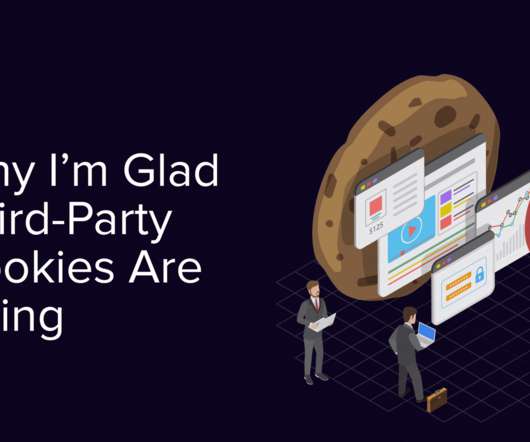Weekly Roundup: Post-Cookie Insights for Publishers, GDPR Impact on Global Businesses, and More
Automatad Inc.
MARCH 23, 2022
Post cookie insights for publishers. Vox EU examines how GDPR has affected global businesses. Are Publishers Prepared for a Post-cookie World? Examining the profits and sales of various companies across myriad sectors in 61 European countries, this report highlights two key areas in which GDPR has affected businesses. .


















Let's personalize your content